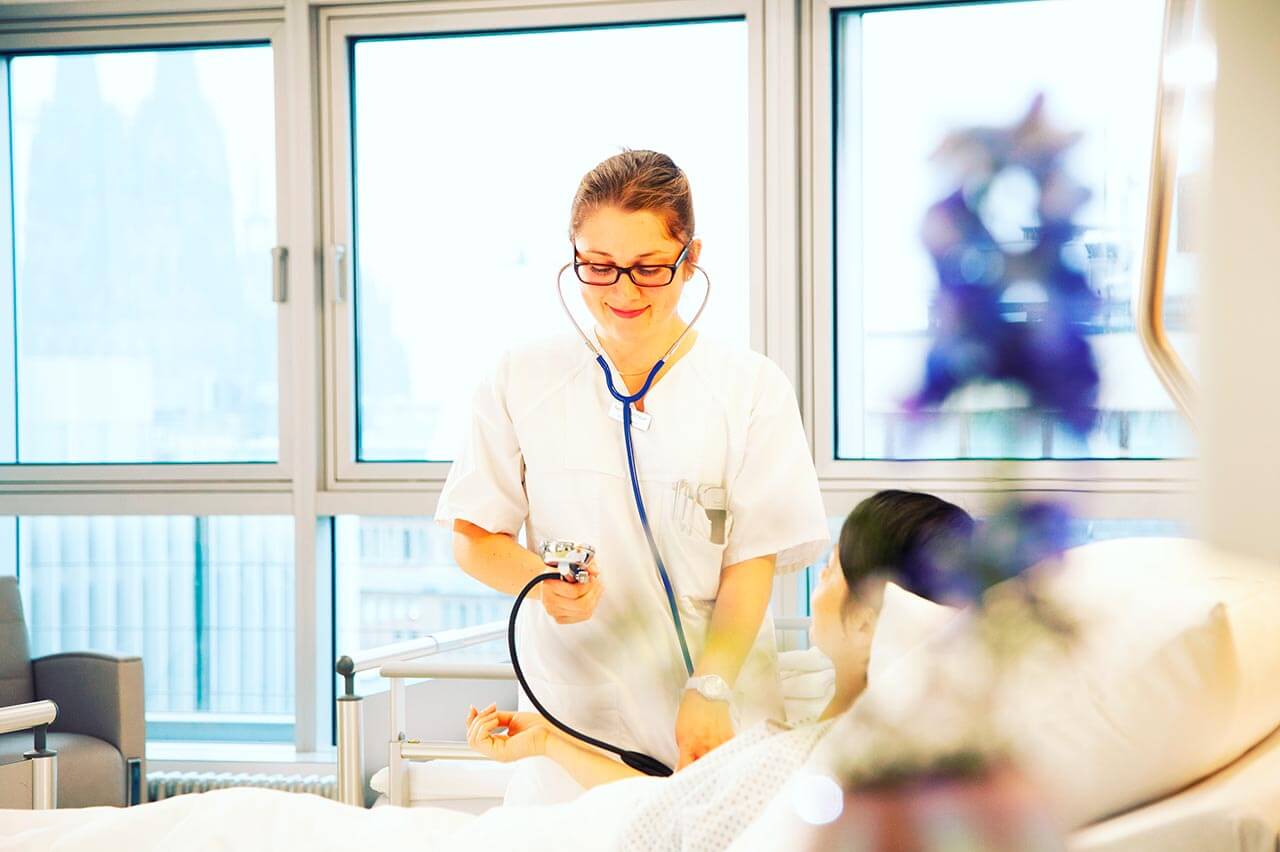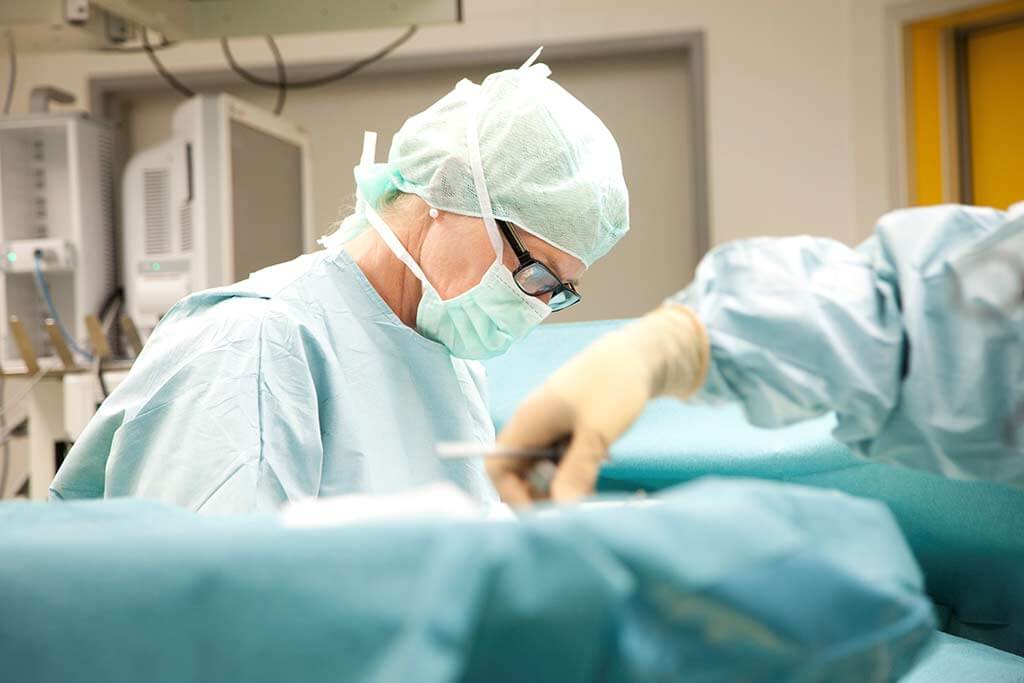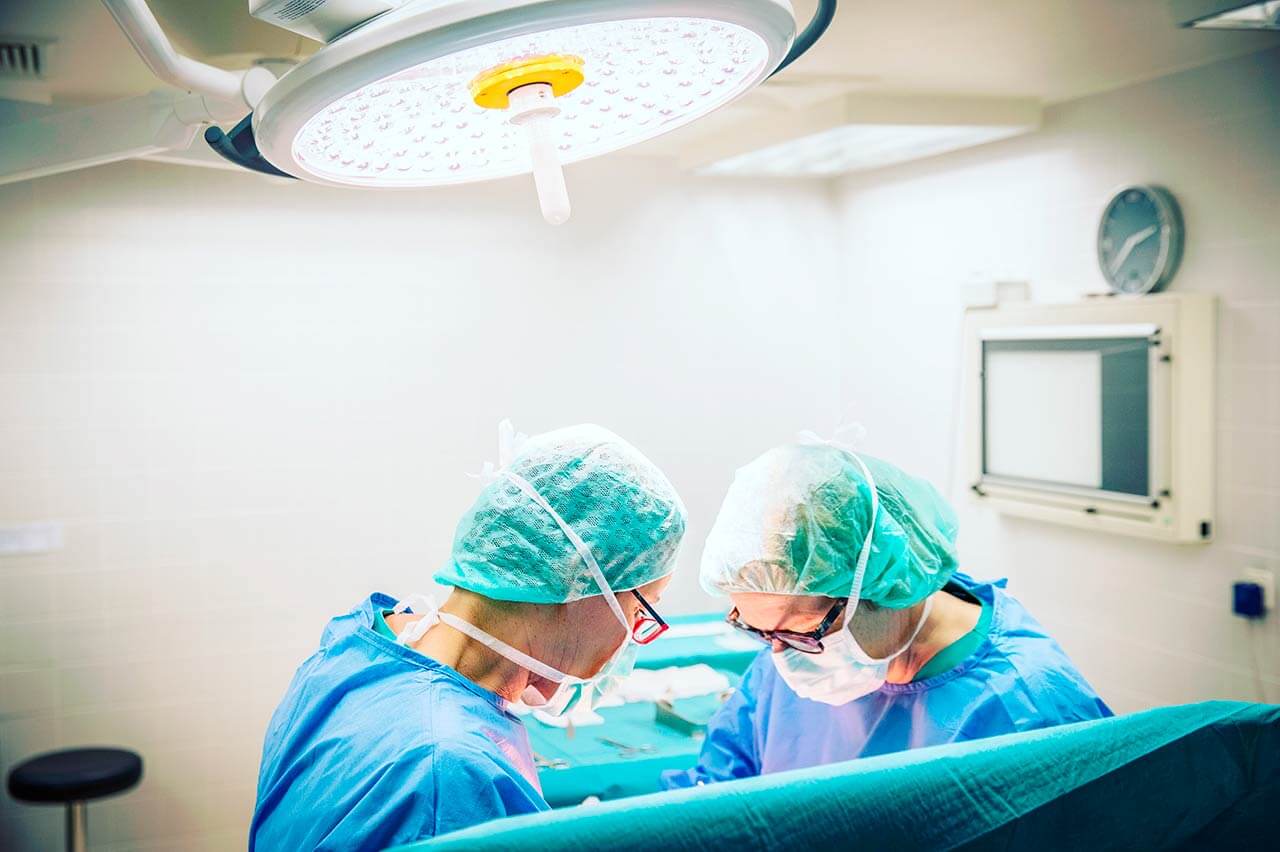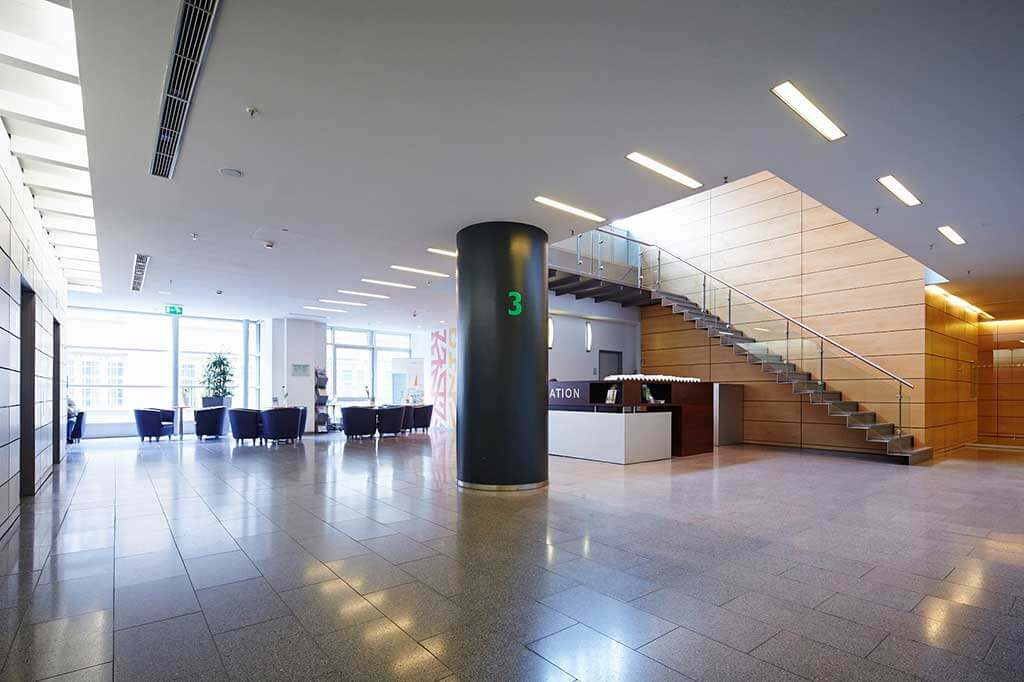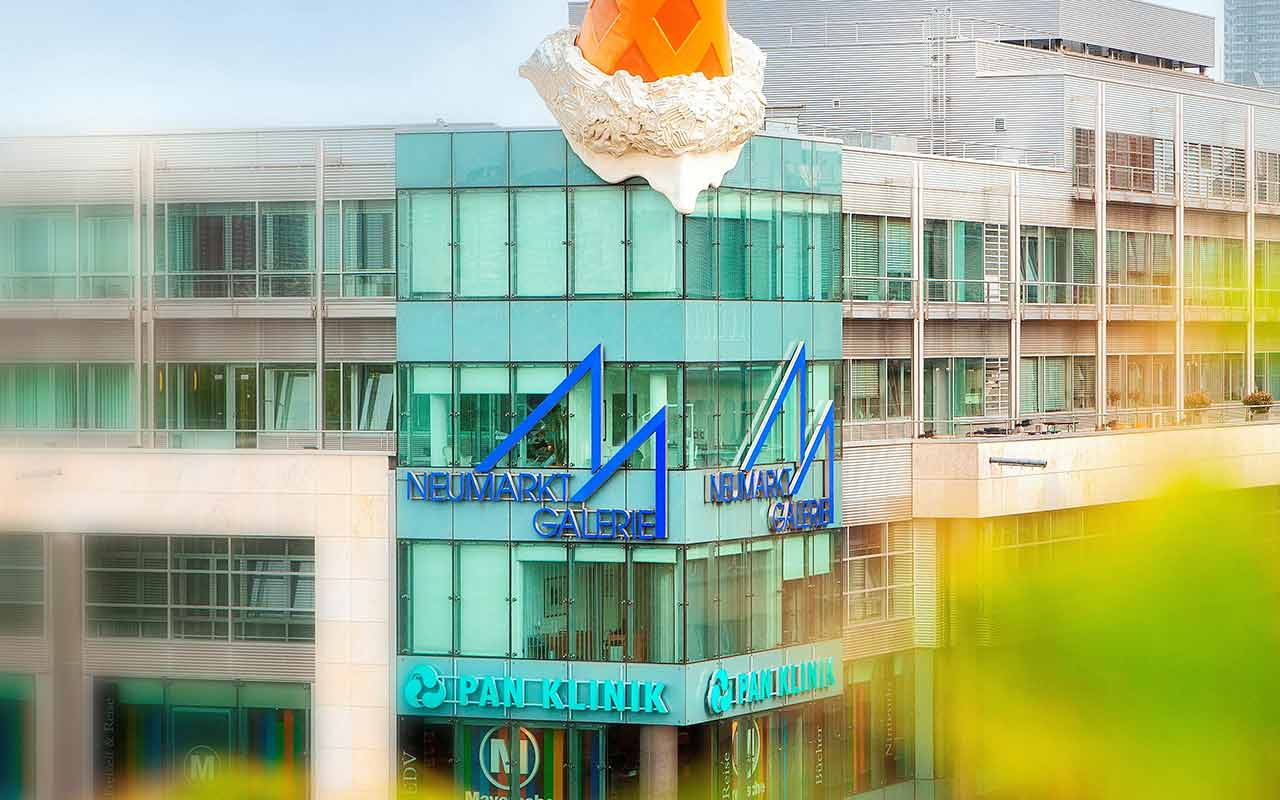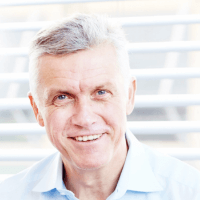
The program includes:
- Initial presentation in the clinic
- clinical history taking
- review of medical records
- physical examination
- laboratory tests:
- complete blood count
- biochemical analysis of blood
- TSH-basal
- inflammation indicators
- indicators blood coagulation
- ultrasound
- MRI scan of the elbow joint
- x-ray of the elbow joint
- puncture of the joint capsule with
microbiological and bacteriological analysis - nursing services
- services of all leading experts
- explanation of individual treatment plan
Required documents
- Medical records
- Ultrasound scan (if available)
Service
You may also book:
 BookingHealth Price from:
BookingHealth Price from:
About the department
The Department of Orthopedics, Traumatology, Hand and Foot Surgery at the PAN Clinic Cologne offers the full range of services for the diagnostics and treatment of musculoskeletal diseases and injuries. The medical team is especially interested in the surgical treatment of cartilage, cruciate ligament, meniscal lesions and shoulder injuries. The specialists successfully use in their work not only classical treatment methods, but also innovative therapeutic procedures and sparing minimally invasive surgical interventions, which exclude trauma to healthy tissues and contribute to the rapid postoperative recovery of patients. The main value for the department's doctors is the patients' health and their freedom of movements without pain. The Chief Physician of the department is Dr. med. Egon Stricker.
The department has excellent diagnostic options for examining bones, muscles, ligaments and other anatomical structures of the musculoskeletal system, which is the key for achieving the desired treatment outcome. The diagnostic rooms of the medical facility have modern systems for classical and digital X-ray scanning, ultrasound examinations, 3D posture analysis to detect spinal curvature, dynamic gait index, computed tomography and magnetic resonance imaging (in cooperation with radiologists). After a thorough examination, the doctors make an accurate diagnosis and begin to develop an optimal treatment regimen. Whenever possible, the preference is given to conservative methods, while surgery is the last-line therapy.
The department's specialists have in their arsenal many effective therapeutic methods. The spectrum of conservative treatment methods includes not only drug therapy, injection pain therapy, physiotherapy, but also chirotherapy, osteopathy, acupuncture, shockwave therapy, radiofrequency therapy, Spineliner therapy and many other therapeutic procedures, which effectively eliminate pain, improve patient mobility and overall health. In addition, the department's orthopedists are distinguished by their outstanding successes in the surgical treatment of musculoskeletal pathologies. The department's surgeons often perform knee, shoulder, elbow and ankle arthroscopic surgery. In the field of foot surgery, the key focus is on the correction of hallux valgus, hallux rigidus, claw and hammer toes. In addition, the department's operating rooms serve for the successful treatment of patients with diseases and injuries of the hand: fractures, Dupuytren's contracture, ganglion, de Quervain's tenosynovitis, finger joint and wrist arthritis.
The department specializes in the diagnostics and treatment of the following orthopedic diseases:
- Knee diseases
- Meniscal tears
- Cartilage lesions, cartilage defects, osteochondritis dissecans
- Anterior cruciate ligament injuries
- Patellar injuries
- Knee arthritis
- Shoulder diseases
- Frozen shoulder
- Shoulder impingement syndrome
- Tendinosis calcarea
- Shoulder and acromioclavicular joint arthritis
- Rotator cuff tear
- Shoulder instability and shoulder dislocation
- Elbow diseases
- Elbow arthritis
- Elbow cartilage lesions
- Loose bodies in the elbow joint
- Golfer's elbow
- Tennis elbow
- Foot and ankle diseases
- Hallux valgus
- Hallux rigidus
- Claw. hammer and mallet toes
- Ankle arthritis
- Hand and wrist diseases
- Peripheral nerve compression syndromes (for example, carpal tunnel syndrome)
- Trigger fingers
- De Quervain's tenosynovitis
- Hand fractures
- Wrist pseudarthrosis
- Dupuytren's contracture
- Ganglion
- Traumatic injuries of the hand ligaments
- Traumatic injuries of the hand tendons
- Finger joint arthritis and wrist arthritis
- Rheumatoid arthritis
- Spinal diseases
- Spinal disc herniation
- Spondyloarthritis
- Functional spinal pathologies
- Other diseases
The department's range of medical services includes:
- Diagnostics
- X-ray scanning, including digital one
- Ultrasound examinations
- 3D posture analysis to detect spinal curvature
- Dynamic gait index
- Computed tomography
- Magnetic resonance imaging
- Therapy
- Conservative treatment
- Drug therapy
- Targeted injection therapy (anesthetic injections) for pain alleviation
- Acupuncture
- Shockwave therapy
- Radiofrequency therapy
- Spineliner therapy
- Chirotherapy and osteopathy
- Physical therapy
- Regenerative therapy
- Pain therapy (physiotherapy, use of auxiliary orthopedic aids)
- Treatment with autologous conditioned plasma and platelet-rich plasma (for example, in case of arthrosis)
- Surgical treatment
- Shoulder surgery
- Endoscopic interventions for subacromial impingement syndrome
- Arthroscopic resection of the acromioclavicular joint
- Arthroscopic interventions for forearm calcification
- Arthroscopic Bankart repair
- Surgical interventions for rotator cuff tears
- Arthroscopic surgery for frozen shoulder
- Elbow surgery
- Open and arthroscopic interventions for arthrosis, intra-articular loose bodies, etc.
- Surgery for tennis elbow and golfer's elbow
- Surgery for cubital tunnel syndrome
- Hip surgery
- Arthroscopic hip surgery (for example, for intra-articular loose bodies)
- Knee surgery
- Anterior cruciate ligament reconstructive surgery
- Arthroscopic surgery for knee cartilage lesions
- Meniscus repair
- Meniscal replacement (CMI, Menaflex)
- Arthroscopic surgery for patellar instability
- Medial patellofemoral ligament replacement surgery
- Foot surgery (for example, in Achilles tendon rupture) and arthroscopic ankle surgery
- Surgery for hand diseases and injuries
- Shoulder surgery
- Conservative treatment
- Other diagnostic and therapeutic options
Curriculum vitae
Higher Education and Professional Career
- 1980 - 1989 Study of Human Medicine at the Ruhr University Bochum and at the University of Cologne.
- 1983 - 1986 Study of Sports Medicine at the German Sport University Cologne.
- 1991 Admission to medical practice, University of Cologne.
- 1997 Board certification in Orthopedics.
- 2000 Doctoral thesis defense, Sports Medicine Institute at the German Sport University Cologne.
- 2001 Joint Private Practice in Orthopedics in collaboration with Dr. med. Rudolf Ziolko, as well as Chief Physician of the Department of Orthopedics, Traumatology, Hand and Foot Surgery at the PAN Clinic Cologne.
- 2005 Diploma in Sports Medicine.
- 2008 Board certification in Orthopedics and Traumatology.
Additional Qualifications
- 1993 Chiropractic.
- 1994 Sports Medicine.
- 1997 Physical Medicine.
- 2000 Theoretical basis of the specialty in Magnetic Resonance Imaging.
- 2004 Diving Medicine.
- 2005 Osteology.
- 2008 Acupuncture.
- 2009 Special Pain Therapy.
- 2009 Certification of German Orthopedic Foot and Ankle Society (DAF).
Photo of the doctor: (c) PAN Klinik
About hospital
The PAN Clinic Cologne is a multidisciplinary medical facility that combines advanced medicine, excellent quality of patient care and a high level of comfort. Founded in 1999, the clinic is located in the very heart of Cologne. During this time, the medical complex has gained long clinical experience, but at the same time it has preserved its primary concept of medical care – high-quality diagnostics and treatment using the achievements of modern medicine.
Today, a huge team of doctors at the clinic admits patients in 25 medical fields, including neurosurgery, neurology, orthopedics, cardiology, gynecology, mammology, urology, endocrinology, plastic surgery, etc. It is worth noting that the clinic employs the best specialists with a wealth of experience and thorough clinical training in the best medical facilities in Germany, other countries of Europe and USA. The clinic's medical team includes many professors who are distinguished by outstanding achievements in the treatment of diseases of a particular profile and who successfully conduct research activities, participate in national and international congresses, symposia and other events.
The clinic annually provides treatment to more than 10,000 patients, and more than 3,000 interventions of varying complexity are performed in its operating rooms. The operating theaters have state-of-the-art technology and equipment for classical open surgery and minimally invasive interventions. In addition, all departments of the medical facility have advanced diagnostic equipment, so that doctors always make the correct diagnosis, which determines the success of subsequent treatment. During the therapeutic process, the specialists strive to choose the most sparing, but at the same time highly effective treatment regimen.
The quality of medical services provided in the clinic is awarded with the prestigious DIN ISO 9001 certification, and therefore patients trust their health to doctors with complete confidence and benefit from the optimal treatment of the European standard.
Photo: (с) PAN Klinik, (c) depositphotos
Accommodation in hospital
Patients rooms
The patients of the PAN Clinic Cologne live in light and cozy rooms with a modern design. A standard patient room includes a comfortable automatically adjustable bed, a bedside table, an air conditioning, a DVD player, a telephone, a TV and a nurse call system. The patient rooms also have Wi-Fi. Each patient room has an ensuite bathroom with shower and toilet. The bathroom also has a hairdryer and towels.
If desired, the patients can live in enhanced-comfort rooms. These patient rooms are distinguished by their more exclusive interiors, as well as beautiful views of the Cologne Cathedral and cityscapes. The bathrooms in these enhanced-comfort facilities include disposable slippers, a bathrobe, towels and toiletries. In addition, the patients living in enhanced-comfort rooms are offered a special menu.
Meals and Menus
The patient and his accompanying person are offered tasty and balanced three meals a day: buffet style breakfast and dinner, as well as lunch consisting of 3-4 courses. If for some reason you do not eat all the foods, you will be offered an individual menu. Please inform the medical staff about your dietary preferences prior to treatment.
Further details
Standard rooms include:
Religion
The religious services are available upon request.
Accompanying person
During the inpatient program, the accompanying person can live with the patient in a patient room or a hotel of his choice. Our managers will help you choose the most suitable option.
Hotel
During the outpatient program, the patient can stay at the hotel of his choice. Our managers will help you choose the most suitable option.
